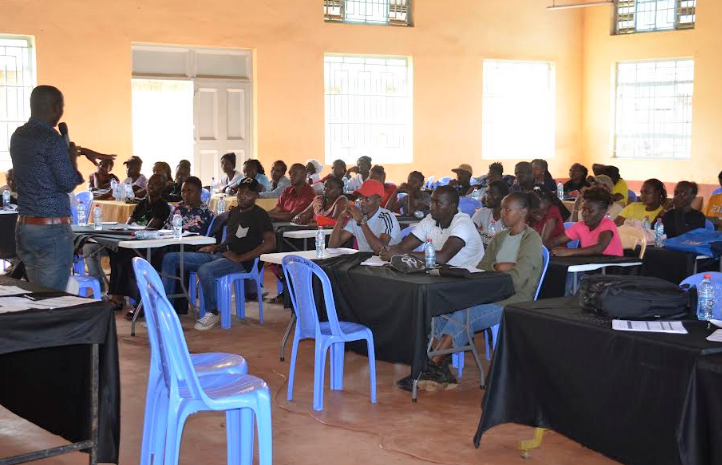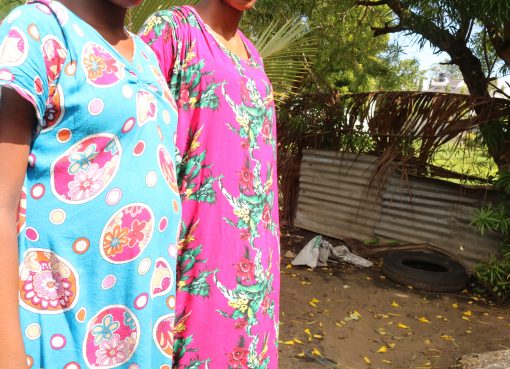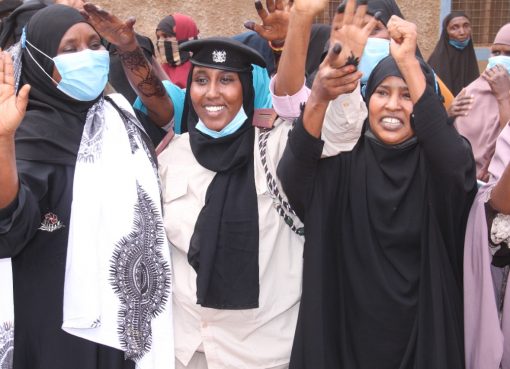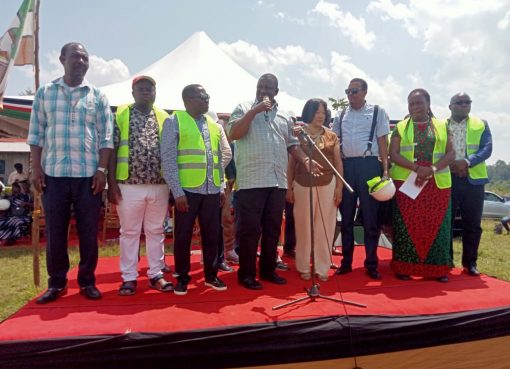At least 375 young people drawn from 15 groups in Meru County have acquired basic business skills after undergoing a three-day training organised by Community Roads Empowerment (CORE), a Non-Governmental Organisation (NGO) implementing road rehabilitation projects within Meru town.
The groups comprise beneficiaries of the NGO who participated in the 40 days of hands-on-the-job training on road rehabilitation using Do Nou technology and who are preparing to form companies revolving around aspects of road construction.
Funded by the Japan Social Development Fund (JSDF) through the World Bank, CORE is trying to boost beneficiaries’ social and economic status by encouraging and supporting them to form companies and small micro-enterprises (SMEs) and registering them through the Huduma centres.
The training brought on board business experts, including officers from CORE, who took the participants through various topics, including a general overview of entrepreneurship, the roles of entrepreneurship in economic development, sources of business ideas, business opportunities, the entrepreneurship ecosystem, and sources of business finance, together with their advantages and disadvantages.
They also received some insights on keeping business records and its importance, types and why keep records, financial literacy, business planning, proposal writing, business risks and mitigation, and basic skills in bookkeeping, budgeting, and procurement.
Speaking during the training, CORE Coordinator Amos Biwott called on the beneficiaries to take advantage of the opportunity to shape their future once and for all.
“This is a lifetime opportunity that has come to your doorstep. Such courses you are receiving for free today are usually paid for, and therefore you should take advantage of the opportunity you are being offered to make a good foundation for your future life,” said Mr. Biwott.
CORE’s project’s first component entails capacity building and sustainability of labour-based road maintenance technology in the targeted communities, as well as enhancement of livelihood opportunities.
CORE’s Safeguards Specialist Paul Mboya said the first component, which involved actual road construction, was meant to enhance the beneficiaries’ capacity, while the formation of SMEs is meant to enhance their livelihood opportunities.
“We are aiming not only to improve the road network but also to create job opportunities for young people. We are also targeting the creation of self-reliance in the community, and we want to give confidence to the community that they can do it on their own,” said the project’s Engineer, George Kaluma.
By Dickson Mwiti





